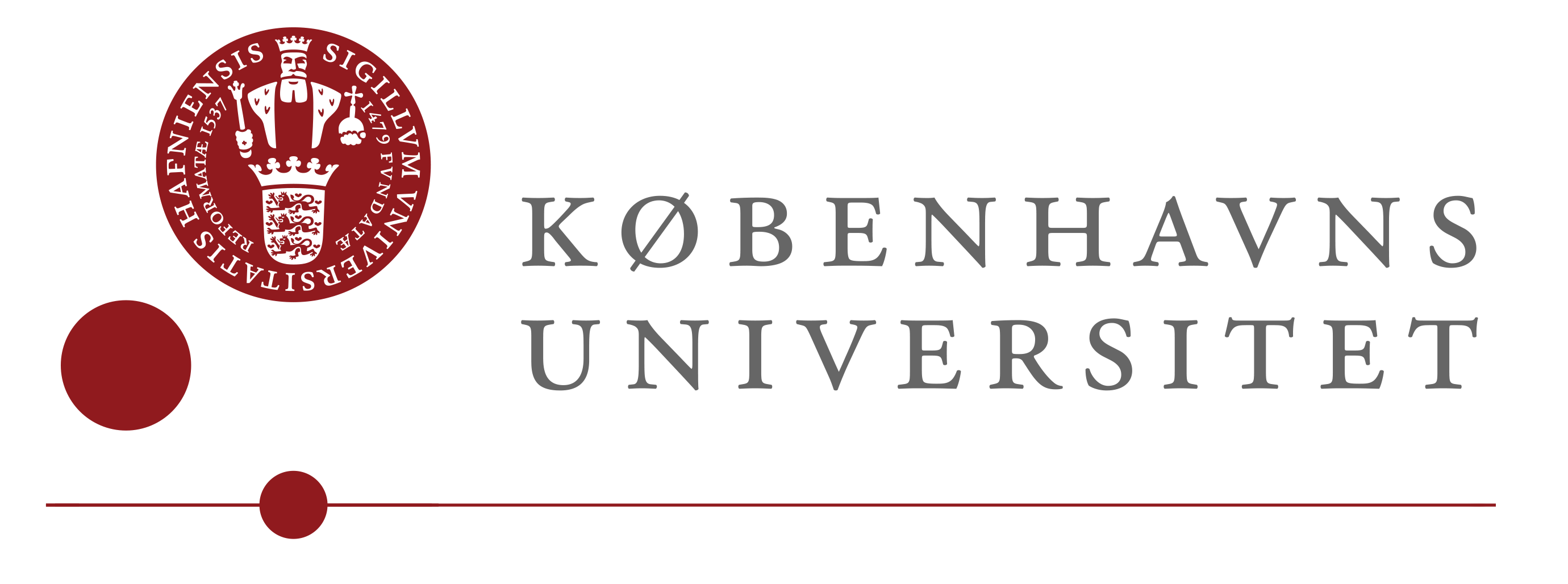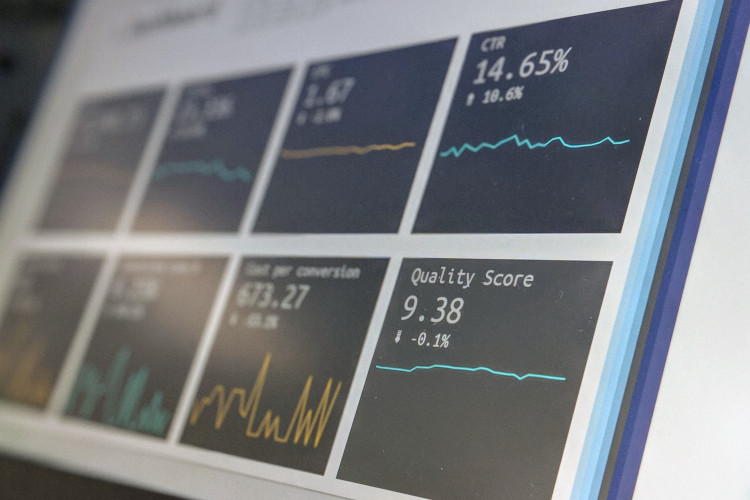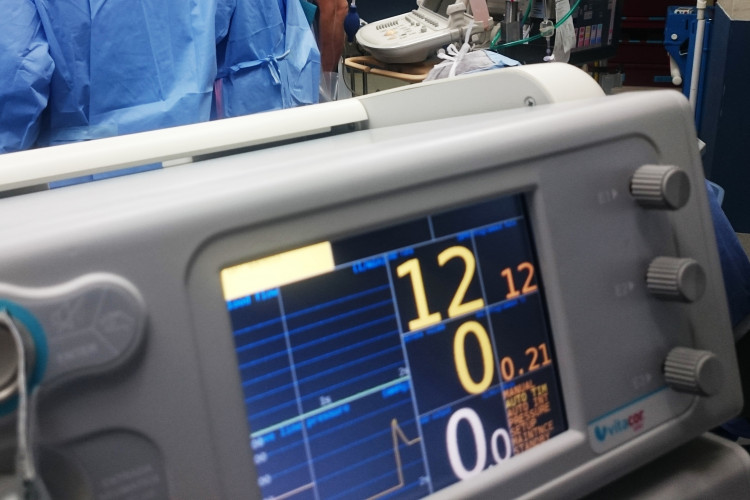To further improve safety of trial participants, the European Medicines Agency (EMA) has in cooperation with the European Commission and the EU Member States changes to the existing guideline on first-in-human clinical trials.
One may ask why a revision of the existing guideline is necessary? EMA’s existing guideline was released back in 2007 and is considered to be out of date and a revising of the guidelines has been necessary to reflect the evolution of practices in the last ten years.
What is new?
Since the 2007 edition of the guideline conducting first-in-human clinical trials has evolved towards a more integrated approach and the revised guideline is supposed to address the increasing complexity of first-in-human clinical trials in recent years. The new guideline outlines additional strategies to mitigate and manage risks for trial participants by for example giving guidance on the principles to be used for
a) the calculation of the starting doses,
b) stepwise increases,
c) the interval between administrations, and
d) the maximum doses.
Further, the revised guideline provides guidance on clinical aspects such as criteria to stop a study and the rolling review of emerging data with special reference to safety information for trial participants.
Background and next steps
The revising of the guideline started in July 2016, where the EMA released a public consultation concept paper. Later on, the concept paper served as the basis for a further revision, which was made by an EU-wide group consisting of experts from the national competent authorities who authorize clinical trials in the EU. And in the beginning of November the revised guideline was adopted by EMA’s committee for Medicinal Products for Human Use.
Now, the revised guideline is open for public consultation until 28 February 2017 and comments can be sent by using the consultation template
available at
The final revised guideline for the conduct of first-in-human clinical trials is supposed to be published in the first half of 2017.
Gå ikke glip af vigtig juridisk viden - Tilmeld dig vores gratis nyhedsservice
her →













